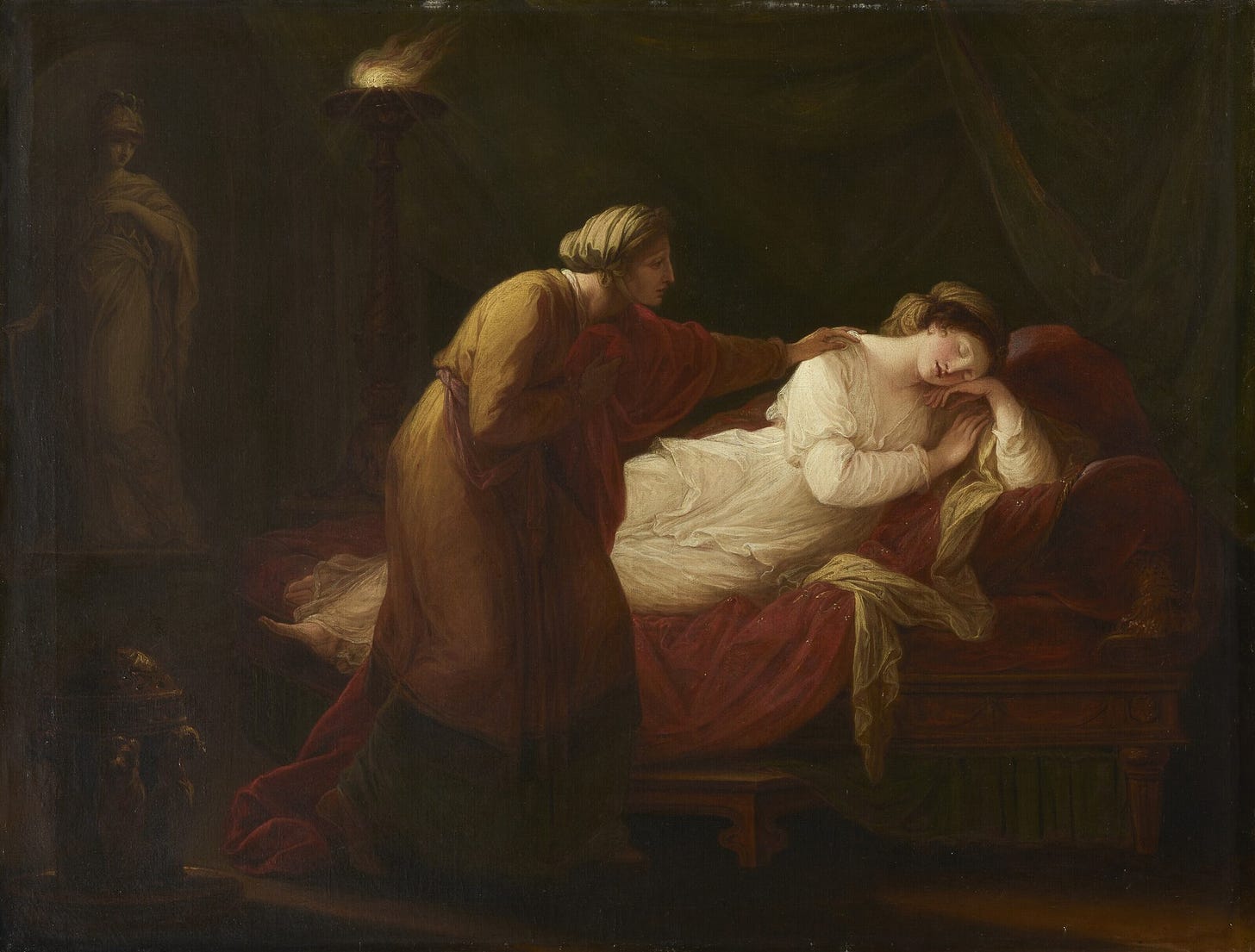To the Dad who is to come,
I’m writing this letter a day in advance, which means it’s tomorrow where you are and yesterday where I am, which is today. Or something. I sincerely hope you, in the future, are in less suspense than we are now, in the past, about the outcome of yesterday’s election, which is happening today. But whether it’s currently now or some other time, we’ve agreed in our letters this month that the important thing is to live in the present, whenever that is.
In my present, the mood is apprehensive but cautiously hopeful. And it’s made me realize how uncomfortable hope can be. It’s one of three “Christian virtues,” a phrase which here means “something that sounds lovely unless you are currently trying to practice it, in which case it’s agony.” The trouble is this: hoping for things leaves you open to disappointment. And especially if your hopes have been dashed in the past, the present can turn into a war between the future you can’t help hoping for and the disaster you think you should fear.
All this week I’ve has different versions of the same conversation with people who think the signs look good, but have to keep reminding themselves of how they’ve been burned in the past “to keep from getting their hopes up.”
This is apparently a pretty universal defense mechanism. In Homer’s Odyssey, when the hero returns after 20 years of absence, he finds his long-suffering wife too downcast to let herself hope. Too many years spent watching the horizon, too many ships that came into harbor carrying the wrong man, have left her empty. Even when the omens in her own dreams tell her the man’s she’s waited for is already closing in, even when he’s standing in front of her, she won’t let herself see through the veil of her sorrow and his disguise to trust the stirrings in the back of her mind. Some dreams come from a place of truth, she says, but “I don’t think that’s where this perplexing dream of mine came from.” She just can’t bear to be disappointed again—so she disappoints herself in advance. Which is to say, she despairs.
I understand why people adopt this tactic, but I’m not convinced it works. Even if it did, I’m not sure that would be a good thing. Let’s say you could minimize your disappointment by pretending you don’t feel the hope you currently feel. You would then have traded numbness in the future for denial in the present, cheating yourself out of the full reality of your experience—good and bad—in both time zones.
And since no one knows the future, all our experiences—of hope and fear, regret and gratitude, anxiety and anticipation—are really in the present, which we’ve agreed is happening now. And here, in the present, which is the only moment we can do anything about, it seems to me our job is not to minimize suffering but to know what is true and love what is good. If you hurt more as a result, you also live more, and more abundantly—which is the point not only of the present election but of every present moment, especially the one that’s happening now. Whenever that is.
Love,
Spencer






If we hope for things not seen,which are true we will not be disappointed, because God does not lie, ever.
We Irish are famous worriers. We have to be. Our history is replete with pain, heartache, and sorrow. So we have learned to expect the worst, but hope for the best. Aidan Quinn—a fine Irish name—once said that, if the here truly is a “luck of the Irish,” it’s because no matter how bad things get—the invasions, the famine, the coffin shops, the NINA,—the Irish pull through. He meant that not on an individual basis, naturally, but as a people, rather like the Jews. So, having a cynical outlook on the future is built-in to us these days, but we still maintain hope.